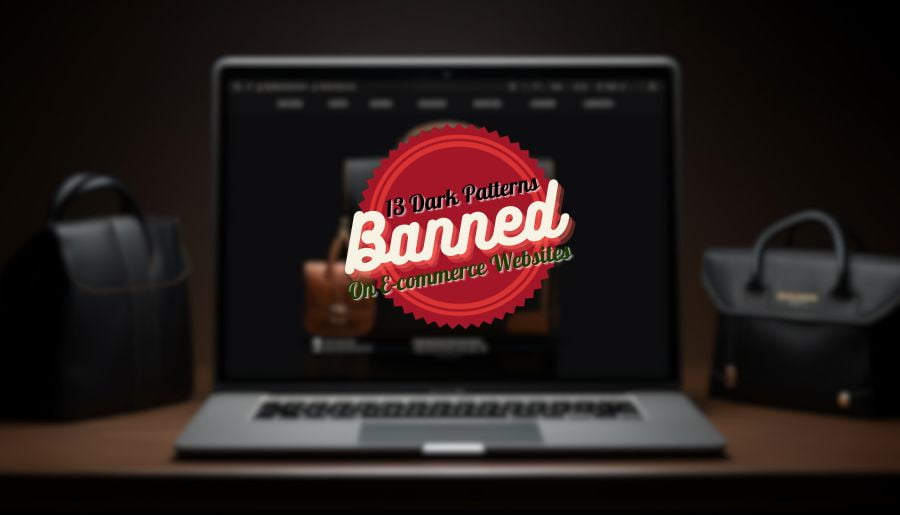
The CCPA of Government of India has banned 13 ‘dark patterns’ on the e-commerce websites
The Central Consumer Protection Authority (CCPA) has banned 13 ‘dark patterns’ on the e-commerce websites. These include basket sneaking, false urgency and forced action among others that have been used in deceiving people in the marketplace. More recently, a gazette notification details the fines associated with failing to adhere to these recommendations.
It is aimed at protecting consumer interests and targets every platform providing commodities and services in India — suppliers, advertisers, and sellers. Practicing dark patterns will constitute misleading advertisements, unfair trade practices, and infringement on consumer rights.
These are titled ‘Guidelines for prevention and regulation of dark patterns’ that ensures buyers, sellers, marketplaces and regulators on what should be considered as an unfair trade practice. Penalties will be meted out on any acts of violating the provisions of the Consumer Protection Act whose motives are to keep things transparent for customers’ sake.
What do these guidelines state?
The penalty will be enforced in accordance with the provisions of the Consumer Protection Act, it was mentioned. The communicated guidelines aim to bring clarity to the minds of all stakeholders—buyers, sellers, marketplaces, and regulators—regarding what is deemed unacceptable as unfair trading practices. The latter group is liable under the Consumer Protection Act, it was emphasized.
What are these Dark Patterns?
According to this notification, “dark patterns” encompass any methods or interface patterns adopted on any platform to misguide and trick users into performing actions that were not their original intent or desire, with the potential to hinder autonomy or self-determination. To address these concerns, the ministry has defined 13 deceptive practices falling under the category of “dark patterns.”
These deceptive practices include artificially creating a sense of urgency by making something appear scarce, sneakily adding more items to one’s shopping cart, leading to higher payments than intended for the initial product, and subscription traps. The practice known as ‘basket sneaking’ involves the inclusion of additional items like products, services, donations, or contributions without the consumer’s knowledge or approval, thereby increasing their payment liabilities beyond the price of the selected product.
Another type of dark pattern is what the ministry refers to as “forced action,” compelling users to take actions that necessitate the purchase of additional products, subscriptions, sharing personal data, or signing up before buying or subscribing to the initially intended product.
Others include disguised advertisements, confirm shaming, subscription traps, drip pricing, interface interference, bait and switch, nagging, SaaS billing, trick questions, rogue malware and more.


